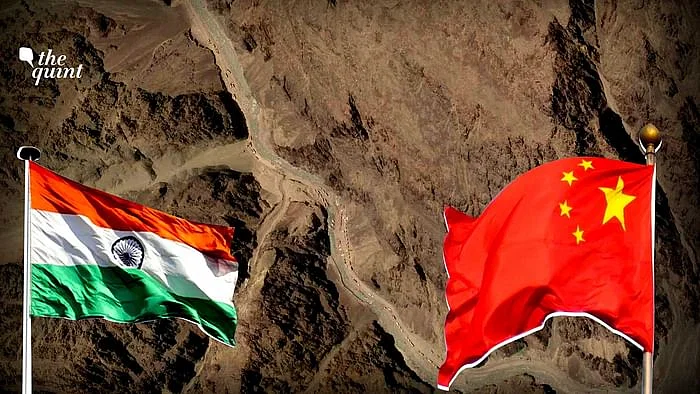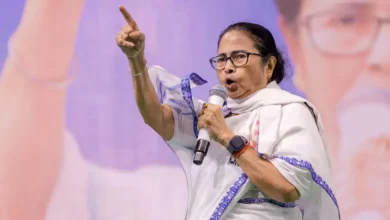
Defense sources said temporary tents were withdrawn from Depsang and Demchok, the two remaining friction points in the border dispute.
Two years ago, India and China had disengaged at four different locations
The sources said the whole process will take time but it has already been initiated. It began soon after the announcement of the pact, with local commanders meeting the next day, they said.
They said the forces taking down their tents did not mean they retreated. They further said patrolling would begin after the razing of the makeshift structures that obstruct the street.
This agreement was adopted on Wednesday, 23 October, by Indian Prime Minister Narendra Modi and Chinese President Xi Jinping on the sidelines of the BRICS Summit in Russia.
They also issued instructions to revive various bilateral dialogue mechanisms, signaling attempts to normalize ties that were damaged by the military clash at Galwan in 2020.
On the last day of the Chanakya Defence Dialogue 2024 in New Delhi, Raksha Mantri Rajnath Singh speaks on the broad consensus that India and China have reached regarding patrolling and grazing activities in traditional areas.
The two countries have had talks on both diplomatic and military levels, and this pact will mark a “significant development” that underlines the significance of defense dialogue globally.
…Following the talks, a broad consensus has been achieved in restoring the ground situation based on equal and mutual security principles.
The consensus agreed upon includes patrolling and grazing in the traditional areas. This is the power of continuous dialogue because sooner or later, solutions will emerge,” he said.



